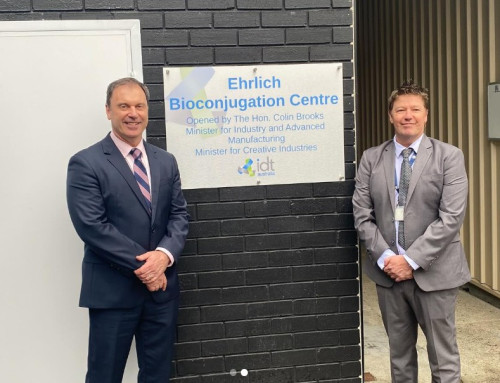If you’re passionate about helping others and thrive in roles where no two days are the same, becoming an NDIS Support Coordinator could be the perfect fit. It’s a career path that allows you to make a real difference in people’s lives while building meaningful relationships and navigating complex systems.
Enrolling in NDIS support coordination training is one of the most effective ways to gain the practical knowledge and confidence required to succeed in this rewarding field.
What Does a Support Coordinator Do?
An NDIS Support Coordinator helps participants navigate their NDIS plans, ensuring they make the most of their funded supports. The role involves connecting participants with services, building their capacity to manage their supports, and helping them work toward their goals. This might mean arranging appointments, supporting plan reviews, or problem-solving when services don’t go as expected. Support Coordinators act as trusted guides, walking alongside participants and empowering them to take control of their own lives with clarity and confidence.
What Skills Do I Need to Become a Support Coordinator?
Support coordination is as much about people skills as it is about system knowledge. Strong communication is key – both in understanding the participant’s needs and in liaising with providers and stakeholders. You’ll also need to be highly organised, adaptable, and capable of juggling multiple cases at once. Critical thinking and problem-solving skills are essential, especially when navigating barriers or advocating for the participant. Most importantly, you should bring empathy, patience, and a genuine commitment to helping others achieve independence.
Qualifications That Set You Up for Success
While no single qualification guarantees entry into support coordination, most roles require a background in human services, community work, social work, or disability support. A Certificate IV or Diploma in Community Services is often viewed favourably, and further study in mental health, allied health, or case management can also be an advantage. Many aspiring coordinators choose to complement their existing qualifications with targeted training that focuses on the NDIS framework and support coordination best practices.
Ensure You Meet the Requirements
In addition to the right training and qualifications, you’ll need to meet a few key criteria to work as a Support Coordinator. Most organisations require a current Working with Children Check, a National Police Check, and a valid driver’s licence. Some roles may also involve travel, so being comfortable working across different locations is important. Previous experience in disability support or case management is often preferred, especially when working with participants with complex needs.
Why a Career in Support Coordination Is Right for Me
Support coordination isn’t just a job – it’s a chance to build a career with purpose. Every day brings new challenges and opportunities to make a real impact. You’re helping participants understand their plans and supporting them in developing the skills and confidence to live more independently. It’s a role that requires compassion, determination, and the ability to think on your feet – but the reward comes in knowing you’re helping someone take control of their life, one step at a time.
Your Path Starts Here
Becoming an NDIS Support Coordinator is a meaningful and dynamic career for people who are passionate about making a difference. With the right mix of training, practical experience, and a people-focused mindset, you can play a key role in helping others live their best lives. If you’re ready to turn your compassion into action, this could be your perfect path.






